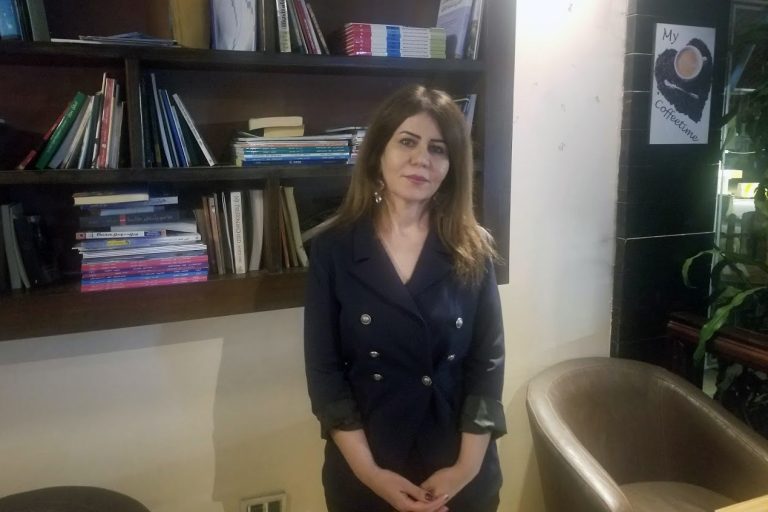IRAQ: Christians fear attempt to Islamise Supreme Court

Iraq’s Christians have expressed fears that giving Islamic clerics voting rights in the Federal Supreme Court could lead to the country becoming a theocracy.
The proposed change would involve four Islamic clerics sitting as part of the Federal Supreme Court’s 13-member judiciary – with all decisions requiring the support of at least three of the four Islamic jurists.
Iraqi Christian activist and constitutional expert Professor Muna Yako told Catholic charity Aid to the Church in Need that although Iraq’s constitution describes Islam as the foundation of its law, it also stressed the importance of democracy and human rights.
Professor Yako expressed concerns that the proposed change to the Federal Supreme Court could mean that Shari‘a law would always take precedence.
She said: “You need to have the court to interpret the constitution. Right now, I hope that if a case goes to the Federal Court they might prioritise human rights and democracy, in some instances.
“If, however, these Islamic jurists join the court, we will have no chance of ever prioritising democracy or human rights.”
Opponents of the move say that it would effectively end attempts to overturn legislation that discriminates against religious minorities – such as Christian men not being allowed to marry Muslim women without converting Islam.
Professor Yako said: “The Iraqi government has disappointed us so far, but I still have hope of seeing change. If the court adopts this law, though, I will no longer have any hope.
“This will make Iraq like a theocracy because all the laws will be based on religion – for example, rules about clothes and alcohol.“
She voiced concern that if the change happens, more Christians will leave Iraq and “we will become just a memory, just like the Jews”.
Patriarch Louis Raphael I Sako, head of the Chaldean Church, also opposed to the move.
In a letter to the Speaker of the Iraqi Parliament, he wrote that the proposal could threaten the future of Christians in the country “after all the suffering we have endured from terrorism, displacement, pillaging, murder and property theft”.
The draft bill, which would introduce these changes to the Supreme Court, is currently awaiting its second reading in Iraq’s unicameral parliament.
